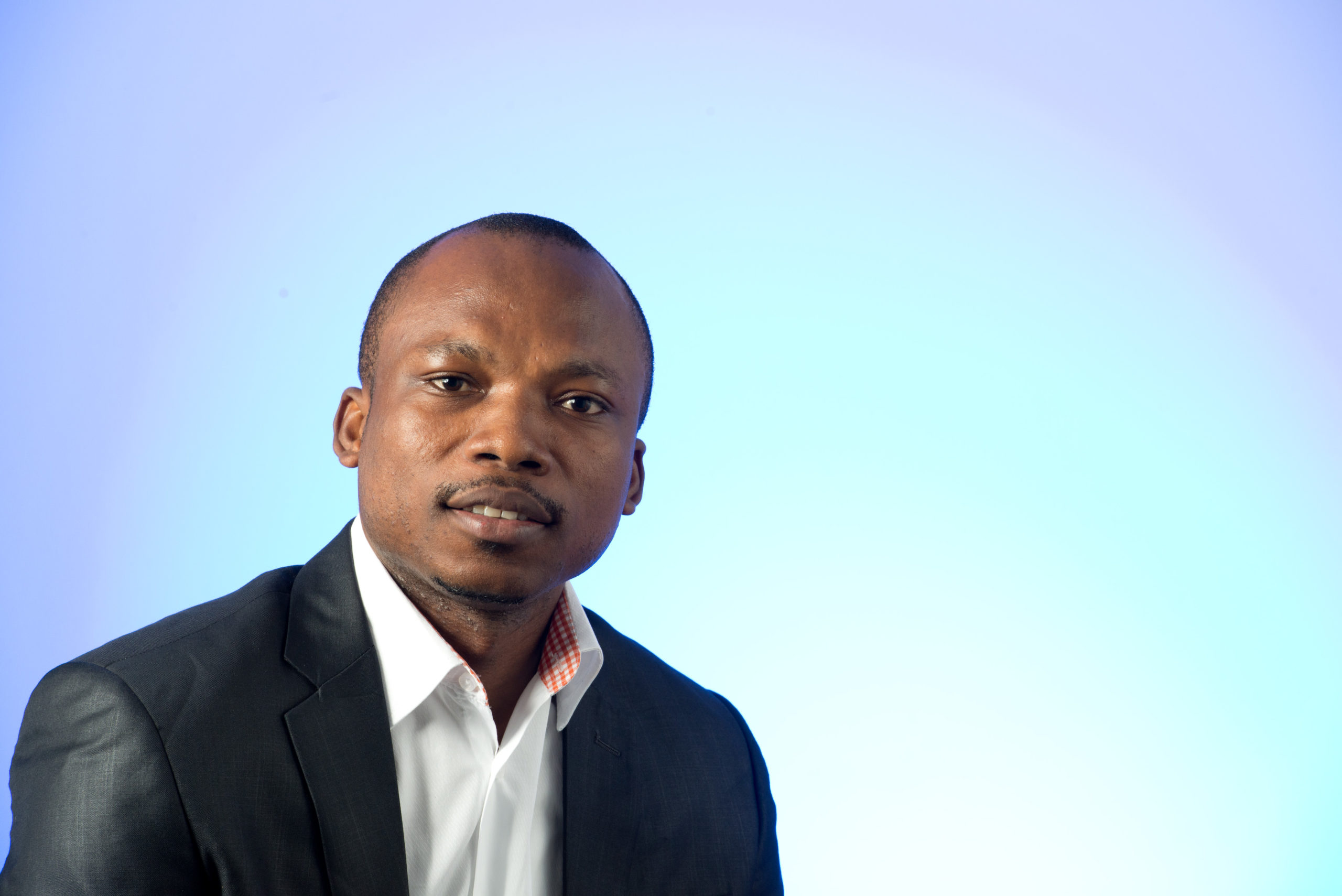A new year often brings renewed aspiration. Back at the office, hallway talks are full of introspection and hope. Then enters the reality of office politics, the obtrusive corruption and the political climate ,and the notion of keeping one’s resolution begins to be contested.
As cynical minds dominate the conversations, the optimists begin to doubt the resolve of personal ambitions. Pretty soon the feeling cultivated by the common desire to be better is swallowed by the mass thinking of social and media events. The conversations turn to Brexit, US election results, Gambia’s post-election impasse – and the same old conversations of the year past take center stage.
Robin Sharma, the renowned leadership coach reminds us that from the moment we are born, we are surrounded by mass thinking messages. We listen to people around us telling us that we can’t be optimistic, that we should succumb to common ideology. Then society and media start feeding us this mass thinking over and over again, and we start to believe it. We soon resign ourselves to mediocrity.
From our personal vision statements to our collective civic responsibility, we stop believing that we can lead an organisation or build a great Fortune 500 company; we stop believing that our individual action can make the world a better place.
It’s astonishing how quickly mass thinking can cast doubt on the aspiration of personal mission. The very thought of tackling exceedingly insurmountable problems overbear our personal desire to be our best. In that moment, we lose hope not realising that hope is the only thing we have. The hope that transcends all, even the failings of another individual or institution.
Instead, we blame our parents or our background, the politicians, our bosses, we blame those around us; the list of blame is endless. The consequences of this choice are many people playing the victim and not the victor and so missing out on making a profound difference.
During his famous inaugural address, President John F. Kennedy challenged a nation to “ask not what your country can do for you, ask what you can do for your country”.
Not playing victim, not feeling sorry for oneself and powerless, requires an awakening that takes ownership over your life in order to make your contribution toward creating a better place. If you don’t like the way something is, set about to change it.
Authentic leadership calls for us to relentlessly ask ourselves what we truly want then make a conscious and deliberate effort to do it. So now is a good time to ask: What is your life’s mission? What don’t you like about your life? What don’t you like about the organisation you work for or the country you live in?
Then begin to do something to improve things. Start small or go big. Just do something. As Mother Teresa so aptly put it: “If each of us would only sweep their own doorstep, the whole world would be clean.”
As a business consultant, I often observe that while many have their vision and mission for the market place, they rarely have their personal vision and goals written down.
To open up a business, the first step is to write down your company’s vision, mission and purpose. That is what you use to sell your company in the market place. Isn’t it, therefore, amazing that we do not ascribe to the same practice in our personal lives? Seldom do any contemplate on their life’s mission or write down their personal goals.
I once challenged a business audience to awaken to the reality that if their intentions were not embedded in their personal vision, achieving their company’s mission would be counter-intuitive. When asked what the secret ingredient for transformation was, the allusion from my consulting experience revealed that companies that grow and empower workers experience better financial results than companies that do not.
The ability to first set your vision, then share this vision, unlearn old habits, learn new rituals, and improve the individual result is the only true way to get others engaged, and garner company growth and a sustainable advantage.
Many failed businesses try to change depending on whom they are competing with, or based on demand. Like these companies, we often lose direction because we have no understanding of who we are and what is our life’s purpose.
If anyone whispers that we cannot change our places of work or our country, our internal belief should talk back and say that is a lie. We have to counter these lies with the truth and to do that we ought to believe in ourselves first. We have to define our personal vision and values that will guide us and our decision process.
So don’t let your past wounds bleed into the present and pollute your future. If you don’t feel happy and passionate about the work you are doing, make that change – if you don’t like what you are producing, you get to change it.
Don’t wait around for things to be perfect, we have to act on our dreams. Start by doing what you can. Once you do, it will attract people, other ideas will come, and soon you will be living out your destiny. The key to is just to begin.
There are many ways to change things, but it all begins with how you choose to think.
Author: Jeff Aludo (jaludo@africapractice.com) is a Strategy Advisor and the MD at africapractice East Africa. Follow him on Twitter and LinkedIn



